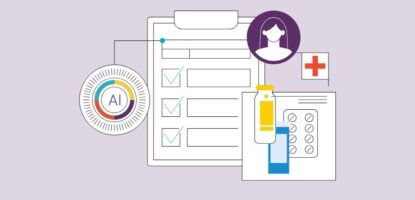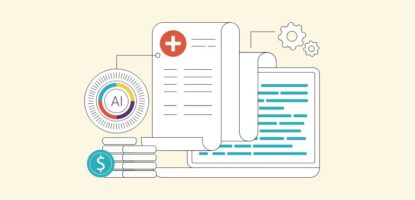
Key Takeaways from HFMA Annual Conference 2025
This year’s HFMA Annual Conference provided a clear overview of the challenges and opportunities for health systems in...
Keep up with the latest insights from experts in healthcare revenue cycle management.

This year’s HFMA Annual Conference provided a clear overview of the challenges and opportunities for health systems in...

Despite more than a decade of regulatory evolution, one rule continues to test the agility and alignment of...

This is part 2 of a 3-part blog series on why traditional clinical documentation integrity (CDI) solutions can...

What is Clinical Documentation Integrity and Improvement? From boosting patient safety to ensuring proper reimbursement, clinical documentation integrity...

This is part 1 of a 3-part blog series on why traditional clinical documentation integrity (CDI) solutions can...

As healthcare grows increasingly data-centric, CDI leaders are under rising pressure to prove their impact – driving performance,...
Contact us today to schedule a demo or learn more about our AI-powered solutions.